Getting quality rest while traveling can be challenging. Even luxury accommodations present unique sleep obstacles that your body isn’t accustomed to. The unfamiliar mattress, unusual sounds, and different lighting can all contribute to a less-than-ideal night’s sleep.
Here are 20 practical ways to improve your sleep quality in any hotel room, regardless of your destination or accommodation type.
Request a Room Not Near the Elevators
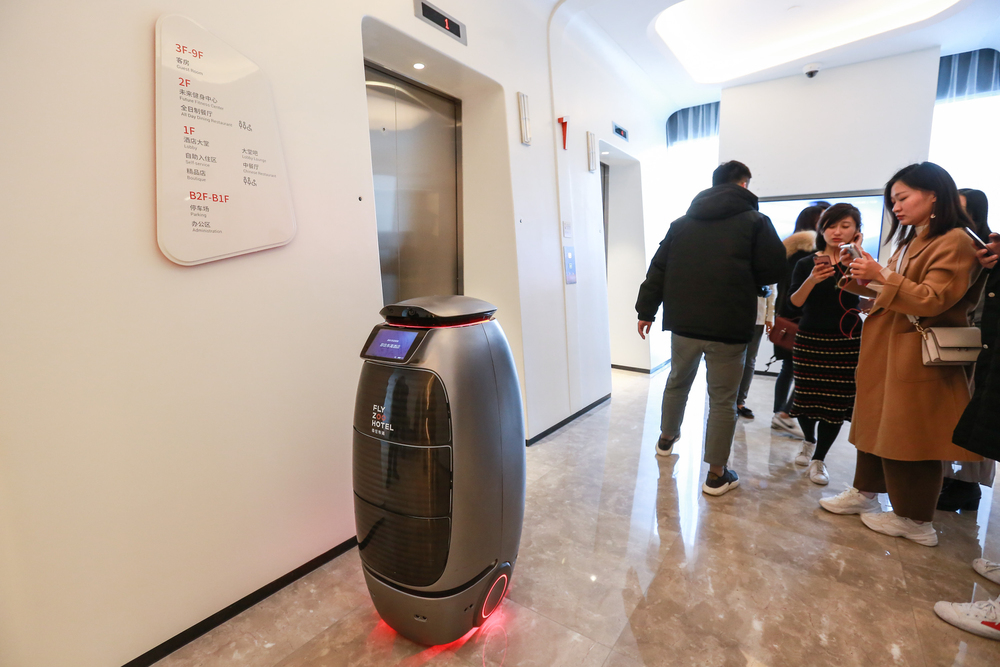
Proximity is purely essential when selecting a hotel room. Lift machinery provides constant white noise and brings additional foot traffic outside your room throughout the day and night.
Requesting placement towards the end of a hallway or removed from busy routes can dramatically reduce intrusions on your sleep pattern.
Bring Your Pillow
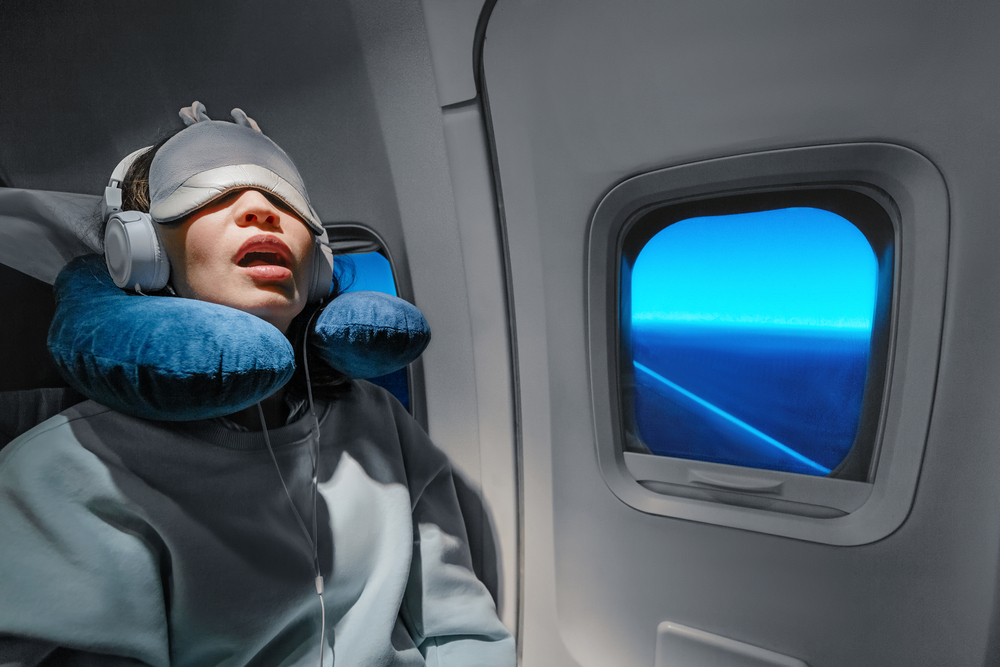
Hotel pillows can greatly differ in support and quality. Having your own pillow from home ensures consistent neck support and a familiar comfort in an unfamiliar environment.
The familiarity of your pillow also brings with it the smells and touch of home, which helps your brain realize it’s time to sleep.
Like Travel Pug’s content? Follow us on MSN.
Use White Noise Apps

Hotel ambient noise can be unpredictable and disruptive. A white noise app on your phone creates a consistent sound barrier that dampens hallway chatter, slamming doors, and street noise.
The consistent background helps create deeper sleep cycles throughout the night.
Check the Thermostat Before Unpacking
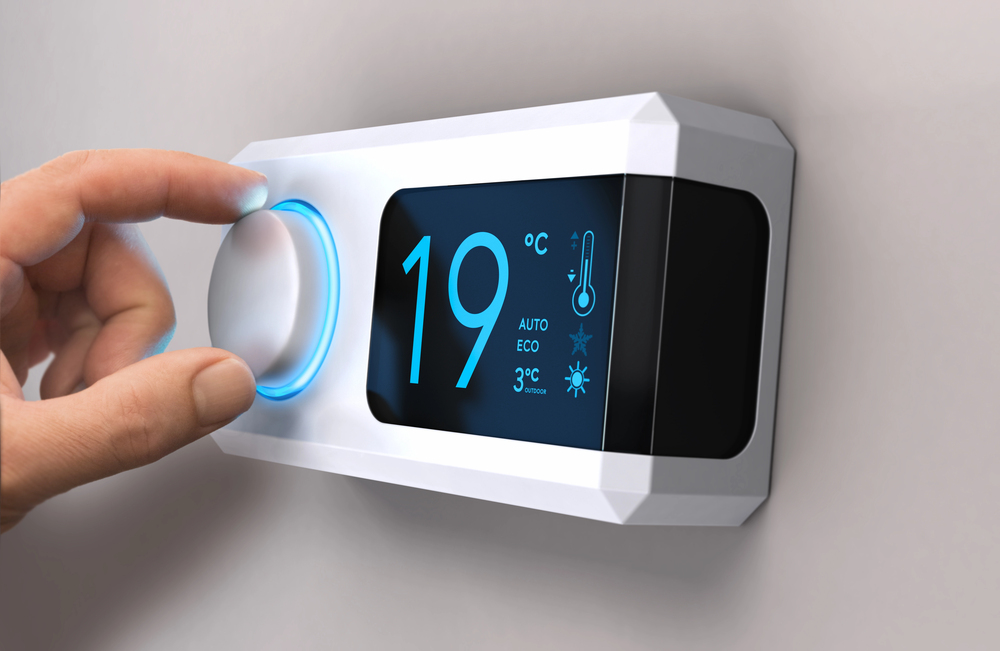
Room temperature significantly impacts sleep quality. Most hotels set temperatures for energy efficiency rather than optimal sleeping conditions.
Take control of your environment by adjusting the thermostat to between 65 and 68 degrees Fahrenheit immediately upon arrival, giving the room time to reach ideal sleeping temperature.
Bring Familiar Scents

Our sense of smell connects powerfully to our emotional state and comfort level. Packing a small bottle of linen spray or a travel-sized candle with a familiar scent creates olfactory consistency.
These familiar aromas signal to your brain that it’s time to relax despite the unfamiliar surroundings.
Like Travel Pug’s content? Follow us on MSN.
Inspect and Adjust the Blackout Curtains
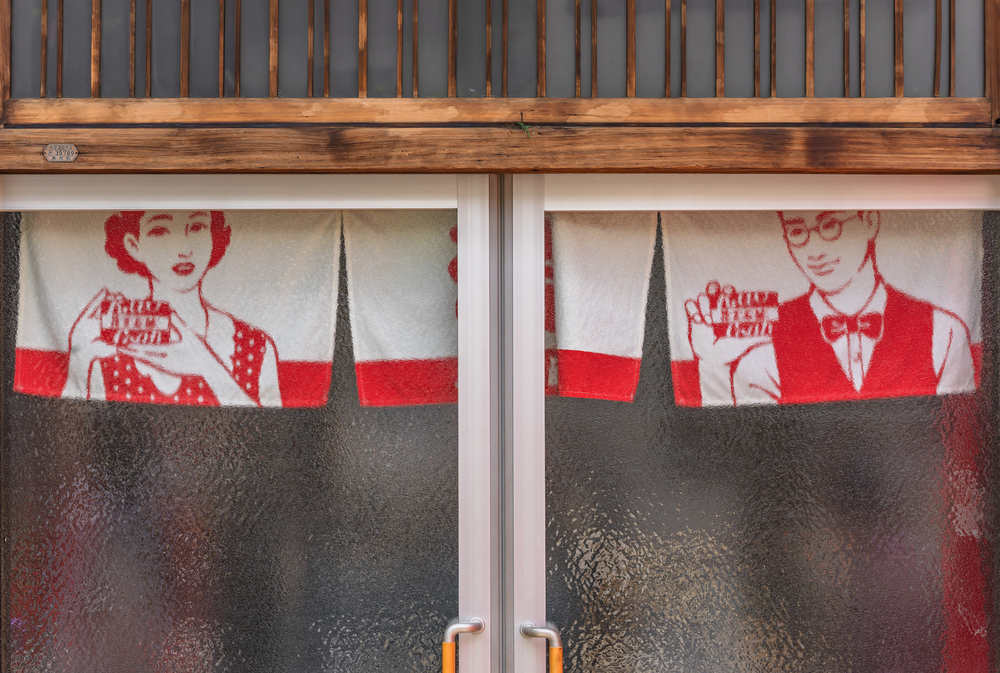
Light pollution disrupts your body’s normal release of melatonin. Pre-cozy check the blackout curtains for small openings and seal them up with clips or even a clothespin to keep the opening shut tight.
Cave-like darkness improves the quality of sleep irrespective of outside light.
Sanitize High-Touch Surfaces
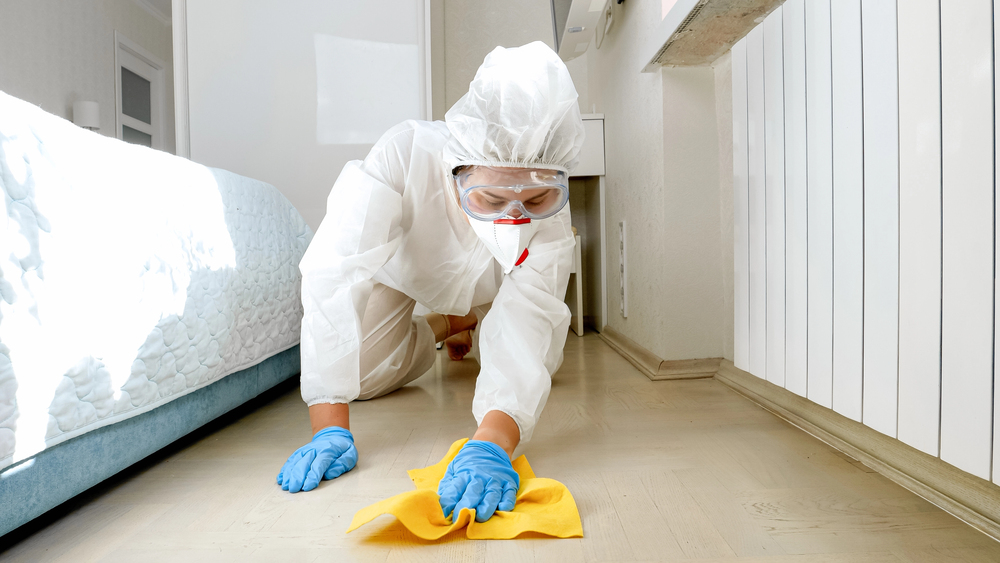
Peace of mind is a tremendous factor in the quality of sleep. Wiping down remote controls, light switches, and doorknobs with disinfecting wipes not only reduces actual exposure to germs but also lowers stress about cleanliness.
This small ritual generates psychological comfort in new spaces.
Keep Your Bedtime Routine
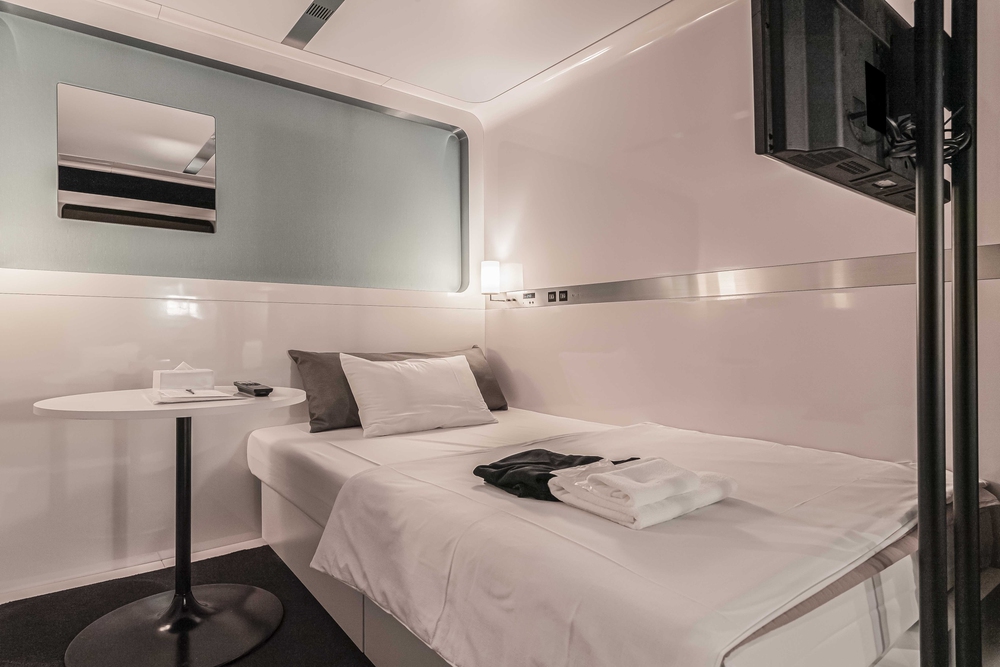
Your brain gets used to reacting to habitual pre-sleep cues. Performing the same routine you do at home—reading, light stretching, or skin care—reminds your body that sleep is coming next.
Maintaining these habits when you’re traveling helps counteract the disorientation of being somewhere new.
Like Travel Pug’s content? Follow us on MSN.
Consider Melatonin Supplements
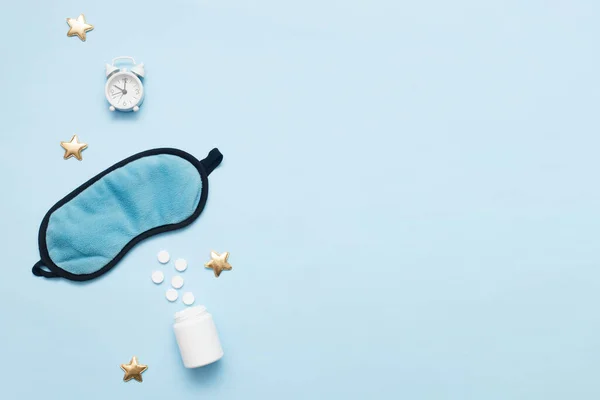
Time zone changes and travel disruptions can throw off your natural sleep cycle. A small dose of melatonin, approximately 30 minutes before your desired bedtime, helps reset your internal clock.
This natural sleep hormone supplement works with your body’s existing systems rather than forcing unnatural drowsiness.
Stay Hydrated (But Taper Off)

Sleep quality decreases with dehydration, but nighttime trips to the bathroom disrupt it. Balance these conflicting needs by staying well-hydrated throughout the day but reducing fluid intake in the 2–3 hours preceding bedtime.
This way, one can maintain hydration without disrupting nighttime consistency.
Bring Your Sleep Mask

Hotel curtains are not usually able to create blackout conditions, and unusual sources of light can be particularly off-putting. A good sleep mask blocks all light from coming in, regardless of what is around you.
The gentle pressure on your eyes also provides a calm feel that leads to deeper levels of sleep.
Like Travel Pug’s content? Follow us on MSN.
Exercise Earlier in the Day

Physical activity greatly improves the quality of sleep. Try to complete any exercise 3–4 hours prior to sleeping to allow your body temperature and heart rate to return to baseline.
Most hotels have a pool or gym, so this is easily accessible when on the road.
Don’t Work in Bed

Your mind creates powerful links between place and activity. Sleeping only in your hotel bed keeps it in its rest-only role.
Finish any work required at the desk or in the lobby to maintain the psychological divide between work space and sleep space.
Request Extra Blankets

Hotels tend to make beds with lighter linens to accommodate various preferences. Having additional blankets allows you to customize your sleeping temperature and weight.
The gentle pressure of additional blankets gives a calming sensation akin to weighted blankets for sleep therapy.
Like Travel Pug’s content? Follow us on MSN.
Limit Blue Light Exposure

The blue light from screens disrupts melatonin secretion. Turn devices to night mode or stay away from screens for 60 minutes before bedtime.
This minor change allows your brain to understand that it’s time to switch to sleep mode even in an unfamiliar environment.
Experiment with Aromatherapy Solutions
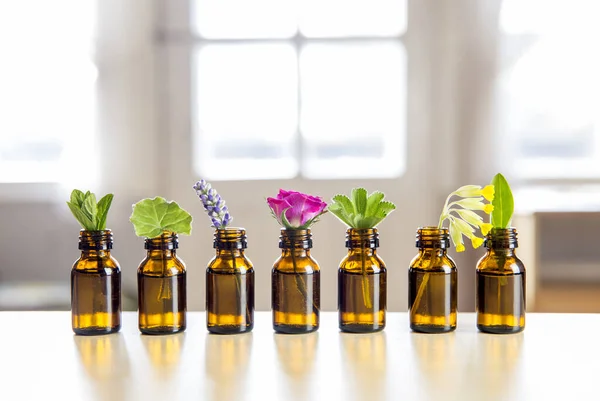
Certain scents stimulate relaxation-inducing physiological processes. Lavender, chamomile, and sandalwood are scientifically proven relaxing agents.
Linen sprays or travel-sized essential oil diffusers containing these aromas create a sleep environment in even the most undesirable hotel room.
Use Earplugs or Sleep Headphones

Hotel walls tend not to be as sound-resistant as home construction. Soft silicone earplugs or sleep headphones eliminate surprise noise without interrupting side-sleeping.
These low-cost devices effectively reduce sleep disruptions due to ambient noise.
Like Travel Pug’s content? Follow us on MSN.
Create Lighting Transitions
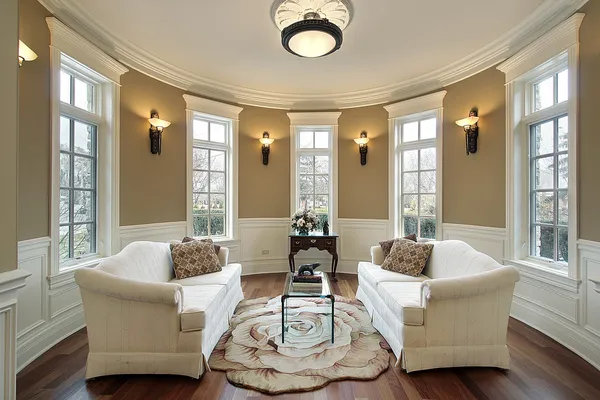
Abrupt illumination changes mess up your body’s circadian rhythm. Engage in a conscious changeover in lighting by reducing room light slowly for around an hour before going to bed.
First, turn off the ceiling lights, then lower the lamp light, telling your body that it’s approaching sleeping hours.
Bring a Familiar Sleep Sound
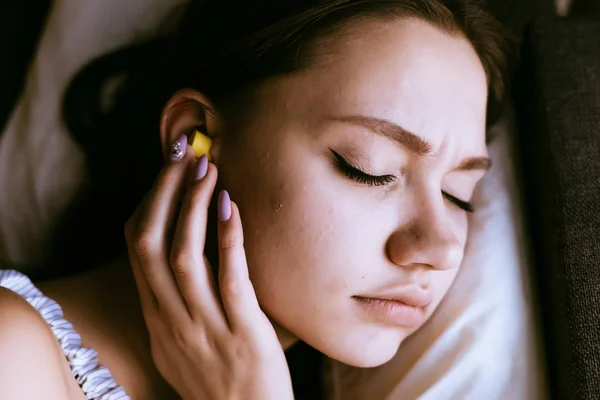
Most individuals sleep better with ambient sounds from home, such as a fan, air purifier, or nature sounds. Downloading these familiar audio cues provides acoustic consistency anywhere.
Your brain identifies these sounds as sleep cues anywhere.
Verify the Bed Configuration Immediately

Hotel beds have a way of hiding unpleasant surprises. Inspect your bed upon arrival for excessive softness, rough seams where the beds join, or crinkly protective layers.
Requesting room changes or mattress toppers works best before you’ve settled in completely.
Like Travel Pug’s content? Follow us on MSN.
The Traveler’s Sleep Toolbox
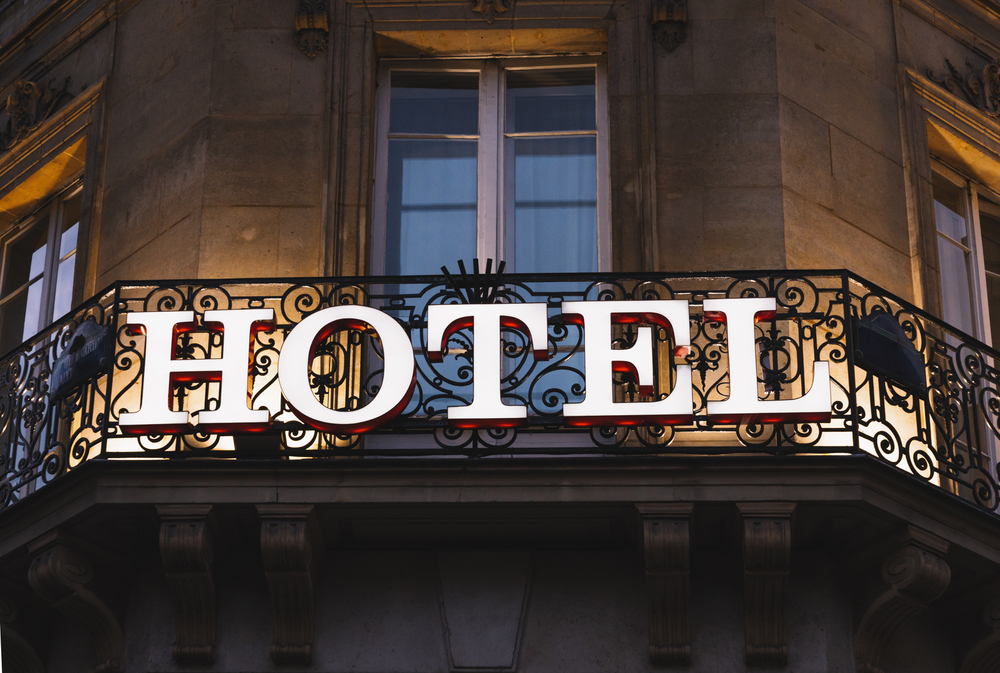
Having habitual, high-quality sleep while traveling requires work but pays immense dividends. Proper rest enhances business performance, vacation enjoyment, and overall health while traveling. These methods form an integrative approach involving the physical, environmental, and psychological contributions to sleep disturbance in hotel settings.
The difference between normal travel and great travel most often comes down to how much you slept. With these strategies, you’re not just improving hotel room nights—you’re redefining your whole trip by the sheer power of good sleep.
More from Travel Pug

- Cities Growing so Fast You Won’t Recognize Them in 10 Years
- 13 Destinations Where Tourists Regularly Regret Their Trip
- 16 U.S. Cities That Are Quietly Becoming Travel Hotspots
- Where to Travel If You Love Long Bus Rides and Daydreams
- 20 Cities Perfect for Solo Travelers Who Crave Adventure & Culture
Like Travel Pug’s content? Follow us on MSN.
